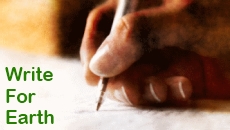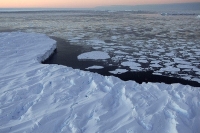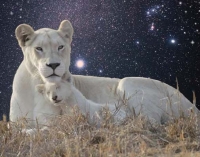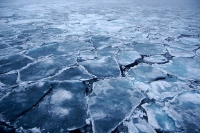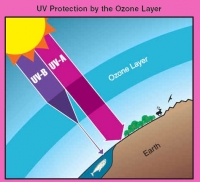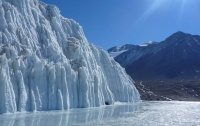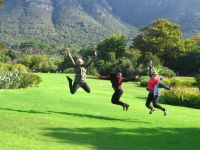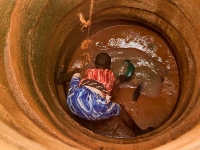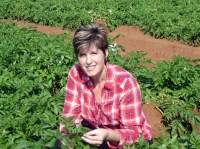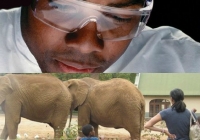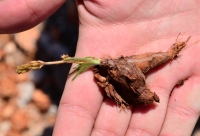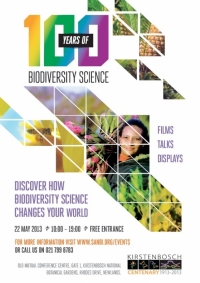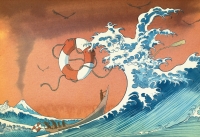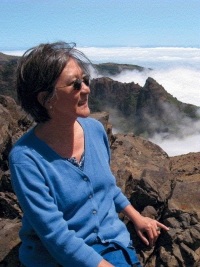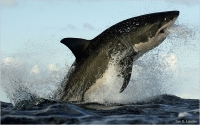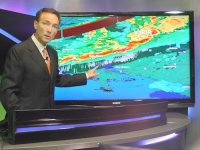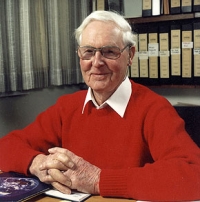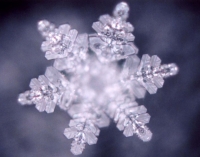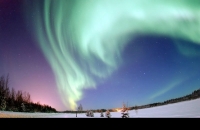According to scientists at Princeton University, as climate change gets worse, so too does interpersonal violence and social upheaval.
White Lions are known by the African Elders as “Star Lions” and the name Tsimba Vati- is an ancient one, directly translating into “Lion Star.”
The melting of the Arctic icecap has become so fast and so certain that researchers can now confidently predict when the ocean will become ice-free, to within four years.
The ozone hole is not gone! Every spring the ozone hole gapes over Antarctica. By New Year, it's closed again.
As if making food from light were not impressive enough, it may be time to add another advanced skill to the botanical repertoire: the ability to perform — at least at the molecular level — arithmetic division.
Scientist Julienne Stroeve has studied the Arctic ice for decades. Every summer she travels north to measure how much ice has melted. She knows that climate change is melting the ice fast, but on her last trip, she couldn’t believe what she saw.
‘Science by the people, for the people,’ the role of citizen scientists is one of the chapters in a new book launched on International Biodiversity Day during a celebratory day at Kirstenbosch.
Groundwater depletion will soon be as important a factor in contributing to sea-level rise as the melting of glaciers other than those in Greenland and Antarctica, scientists say.
Incorporating cabbage and mustard residue are effective and natural ways to reduce potato common scab.
The National Research Foundation in Pretoria currently has several executive director positions available.
On a botanical trip to one of the most neglected parts of our country – Klein Pella, near Aggeneys in the Northern Cape – the title of this famous book by Arundhati Roy developed a whole new meaning in my heart.
Have you ever wondered how biodiversity science affects your everyday life? If so, a visit to Kirstenbosch Botanical Garden on International Biodiversity Day on 22 May can give you many of the answers.
Planetary stability must be integrated with United Nations targets to fight poverty and secure human well-being, argue David Griggs and colleagues.
“Ask yourself: Are you thinking of now, or are you thinking of your grandchild’s future?” This was the question posed by climate scientist Inez Fung, a professor of Atmospheric Science at the University of California and co-director of the Berkeley Institute of the Environment.
Applications are invited for the Scientist position that has become available in the Research Division of the KwaZulu-Natal Sharks Board (KZNSB) in Durban.
Meteorologist Paul Douglas is moderating a discussion with artist Cynthia Hopkins, whose climate change-themed show, This Clement World, comes to the Walker next week.
The late eminent Australian scientist Professor Frank Fenner, who helped to wipe out smallpox, predicted humans would probably be extinct within 100 years, because of overpopulation, environmental destruction and climate change.
EU Climate Commissioner Connie Hedegaard says Barack Obama’s State of the Union pledge to tackle climate change is a sign that science not ideology will guide his second term.
Research from the Aerospace Institute of the University of Stuttgart in Germany supports the theory that water has a memory - a claim that could change our whole way of looking at the world.
One of the most stunning natural events our atmosphere offers us is the Aurora Borealis, or Northern Lights. Waves of color dance across the sky during the night, displaying different colors and patterns. But what makes this happen?


